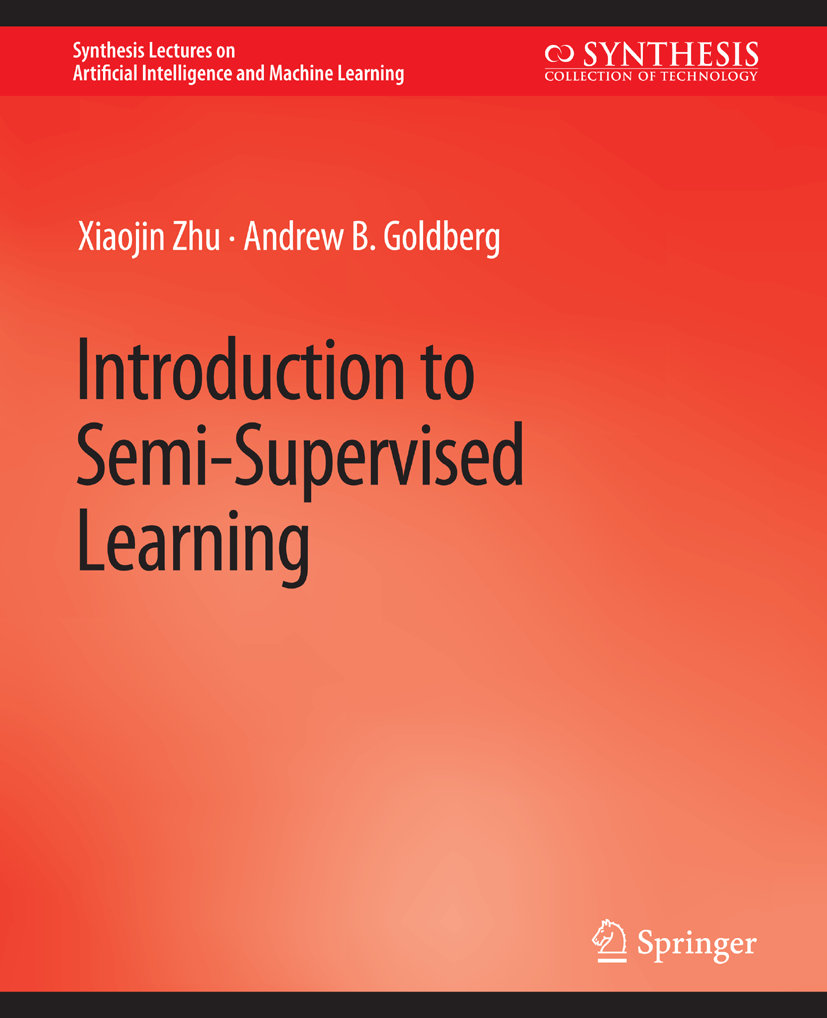Semi-supervised learning is a learning paradigm concerned with the study of how computers and natural systems such as humans learn in the presence of both labeled and unlabeled data. Traditionally, learning has been studied either in the unsupervised paradigm (e.g., clustering, outlier detection) where all the data are unlabeled, or in the supervised paradigm (e.g., classification, regression) where all the data are labeled. The goal of semi-supervised learning is to understand how combining labeled and unlabeled data may change the learning behavior, and design algorithms that take advantage of such a combination. Semi-supervised learning is of great interest in machine learning and data mining because it can use readily available unlabeled data to improve supervised learning tasks when the labeled data are scarce or expensive. Semi-supervised learning also shows potential as a quantitative tool to understand human category learning, where most of the input is self-evidently unlabeled. In this introductory book, we present some popular semi-supervised learning models, including self-training, mixture models, co-training and multiview learning, graph-based methods, and semi-supervised support vector machines. For each model, we discuss its basic mathematical formulation. The success of semi-supervised learning depends critically on some underlying assumptions. We emphasize the assumptions made by each model and give counterexamples when appropriate to demonstrate the limitations of the different models. In addition, we discuss semi-supervised learning for cognitive psychology. Finally, we give a computational learning theoretic perspective on semi-supervised learning, and we conclude the book with a brief discussion of open questions in the field. Table of Contents: Introduction to Statistical Machine Learning / Overview of Semi-Supervised Learning / Mixture Models and EM / Co-Training / Graph-Based Semi-Supervised Learning / Semi-Supervised Support Vector Machines / Human Semi-Supervised Learning / Theory and Outlook



